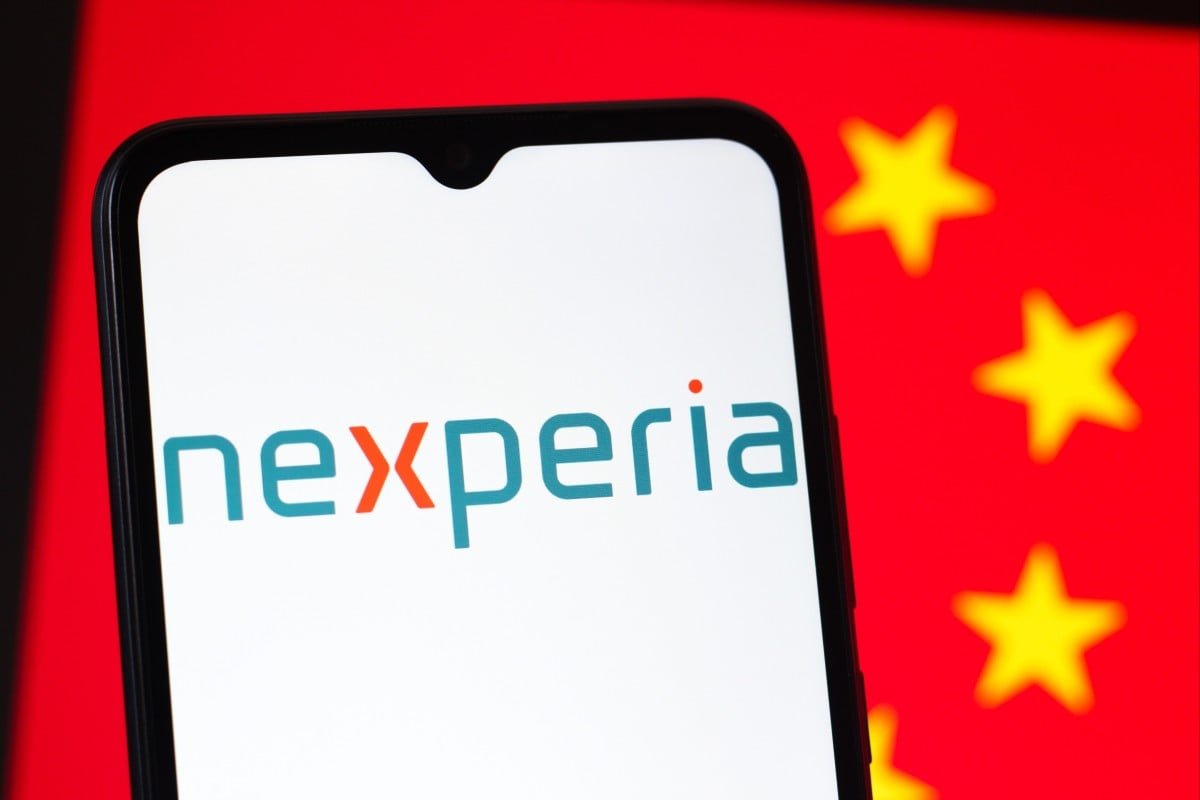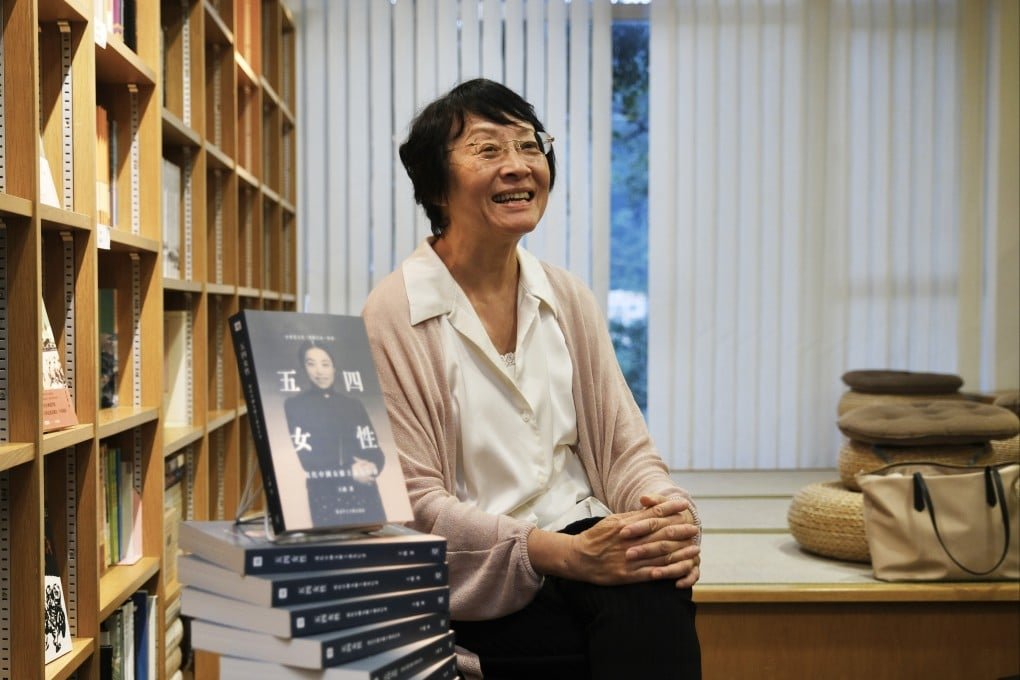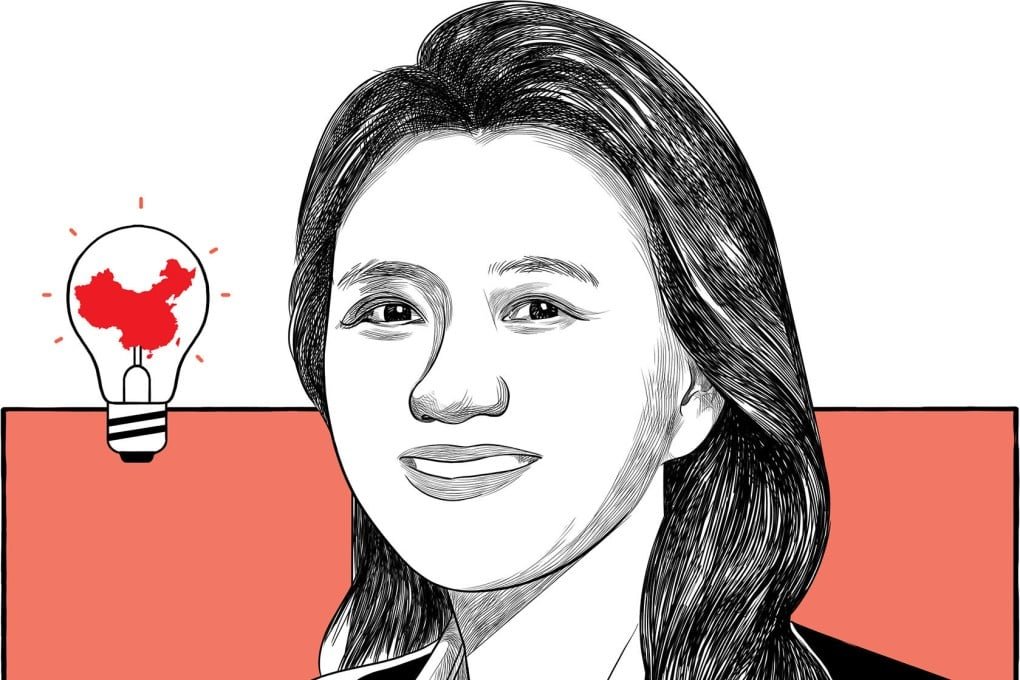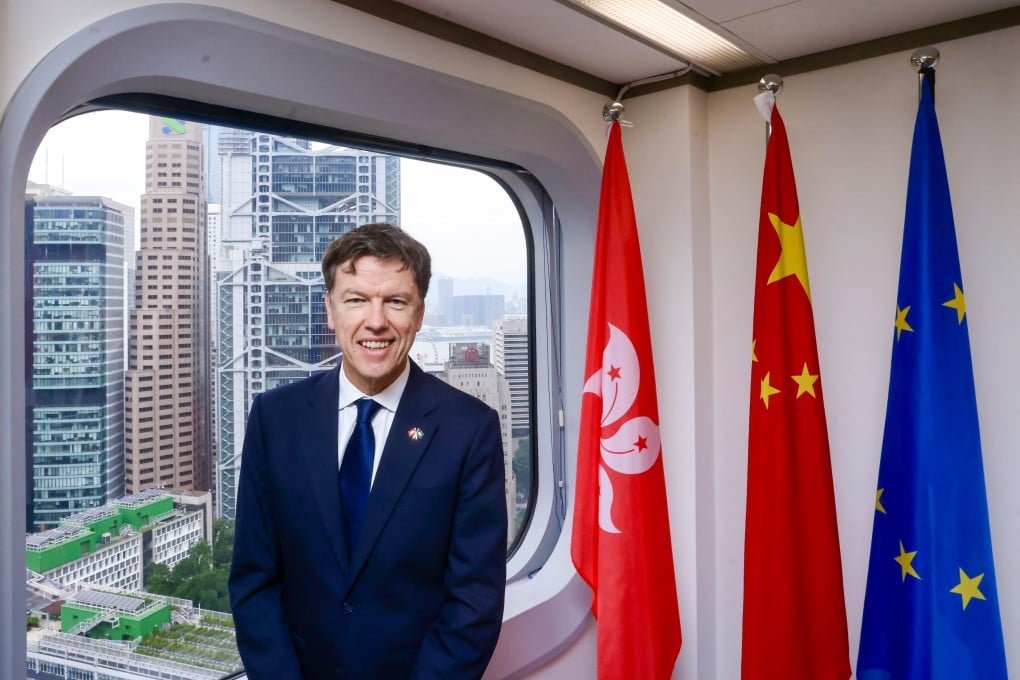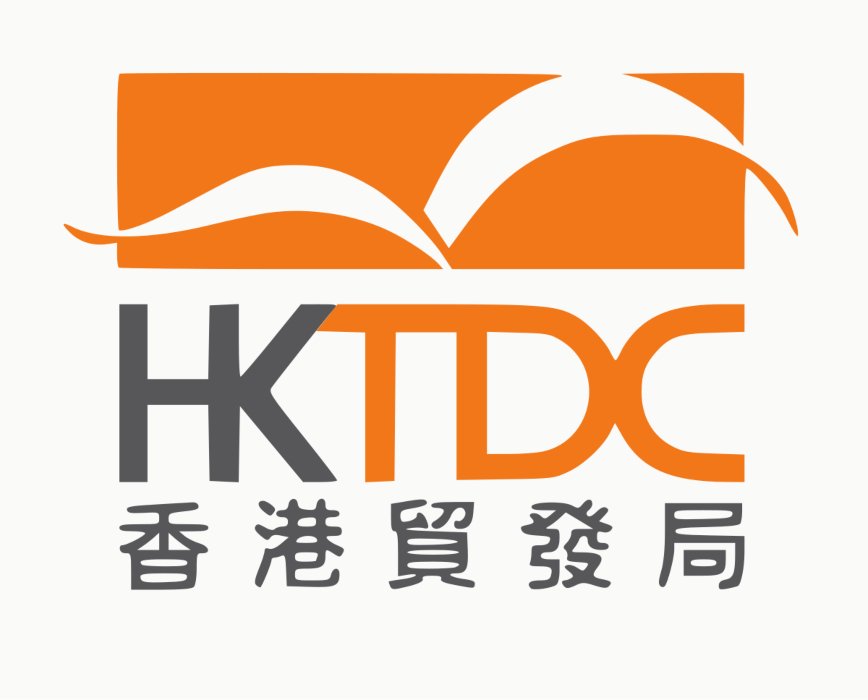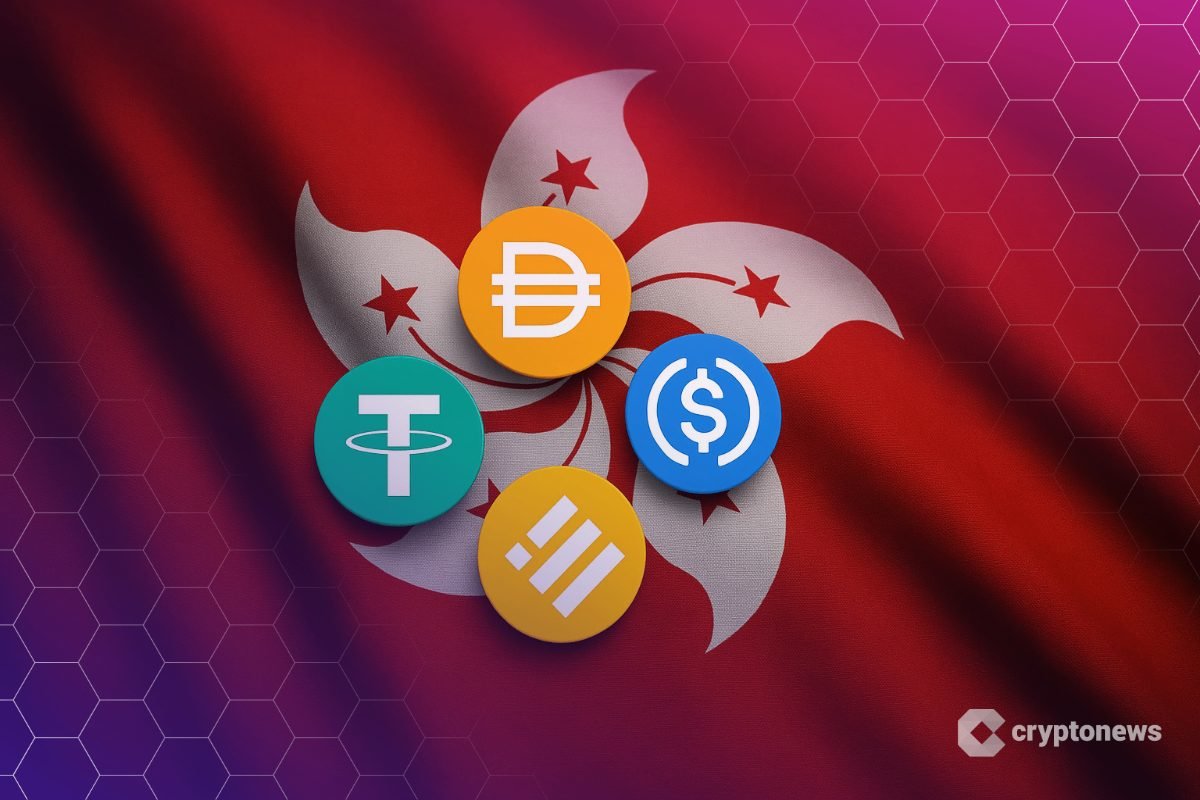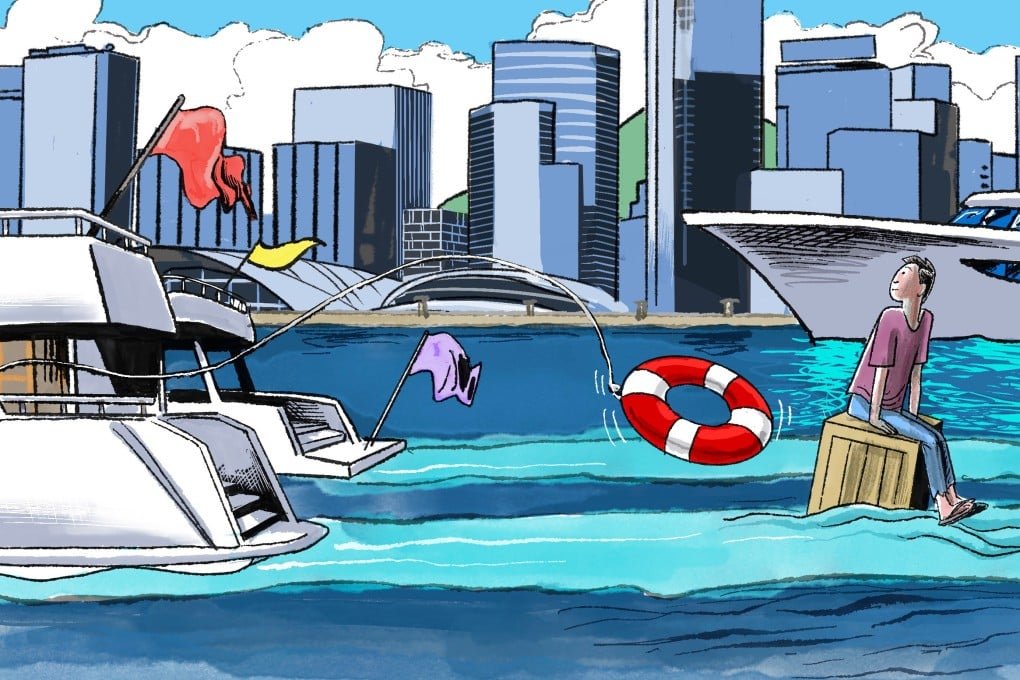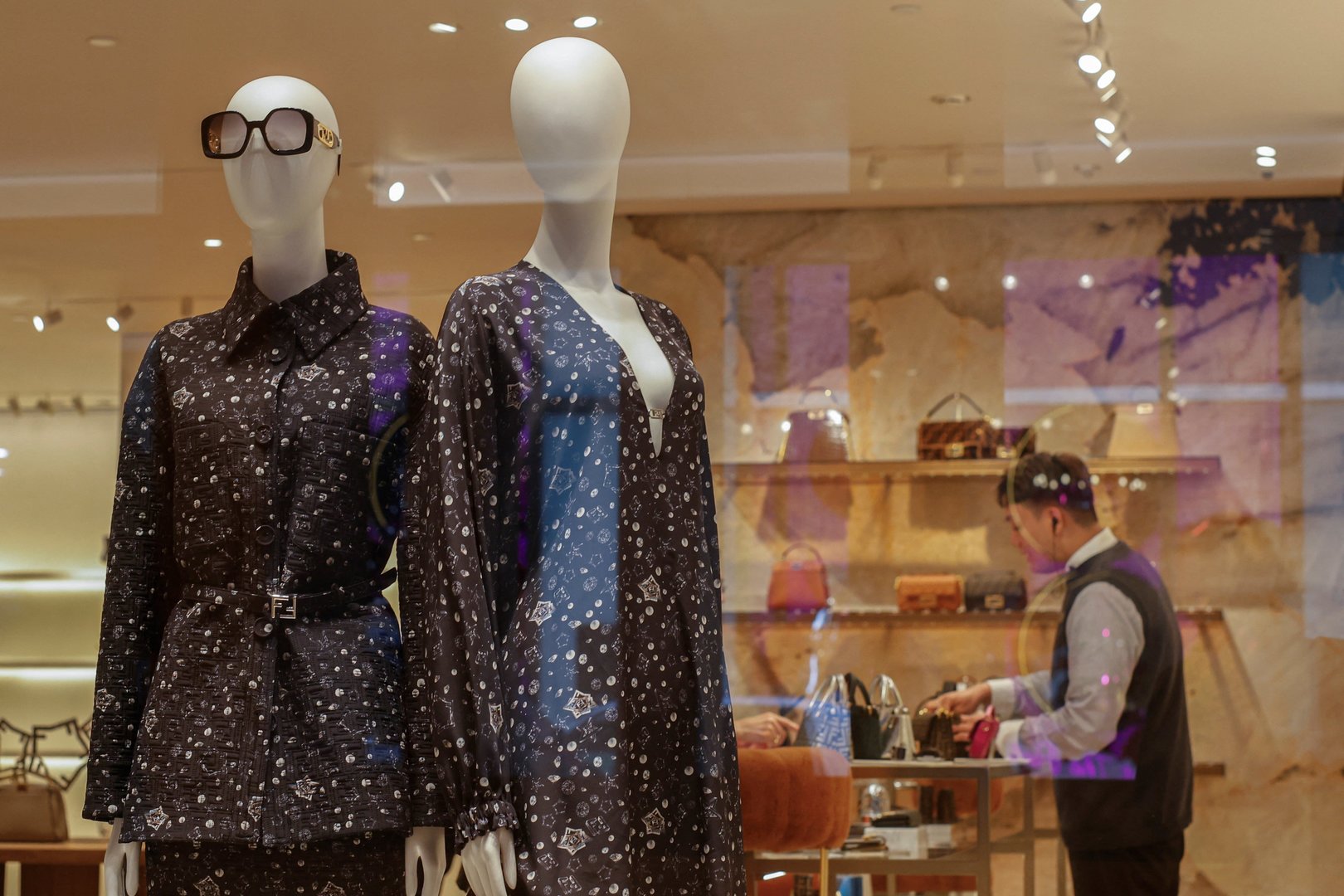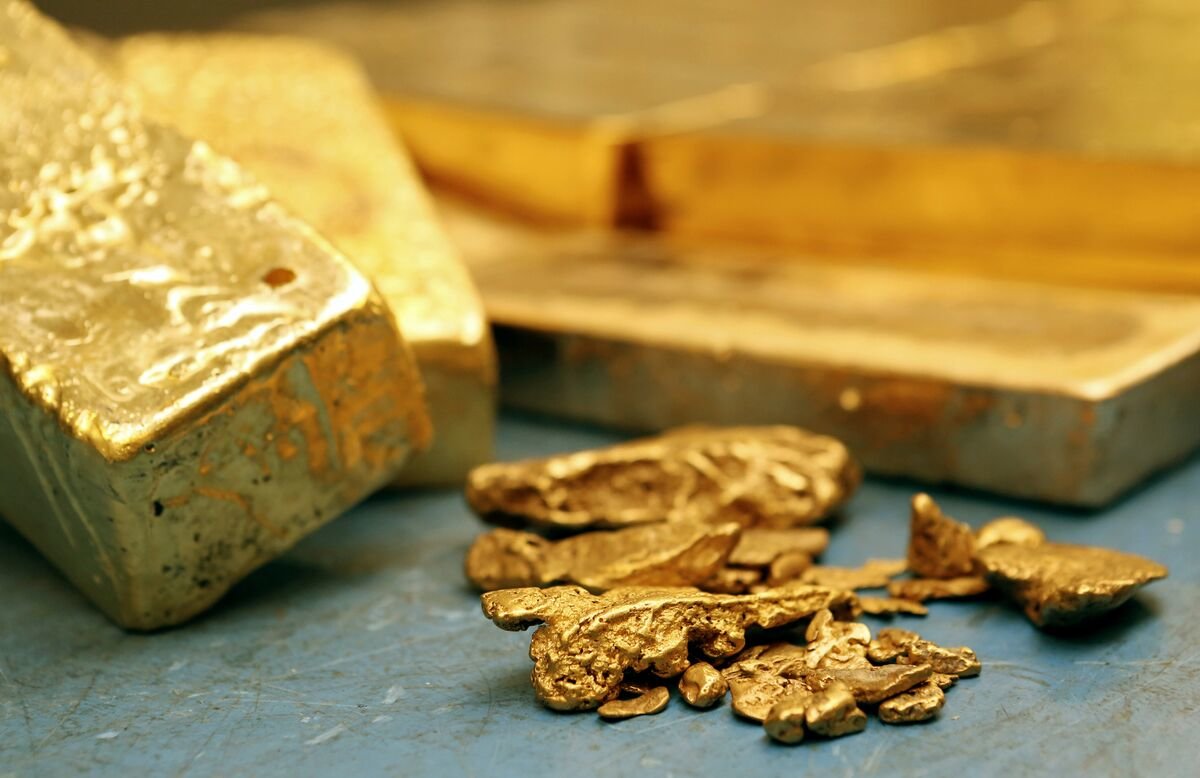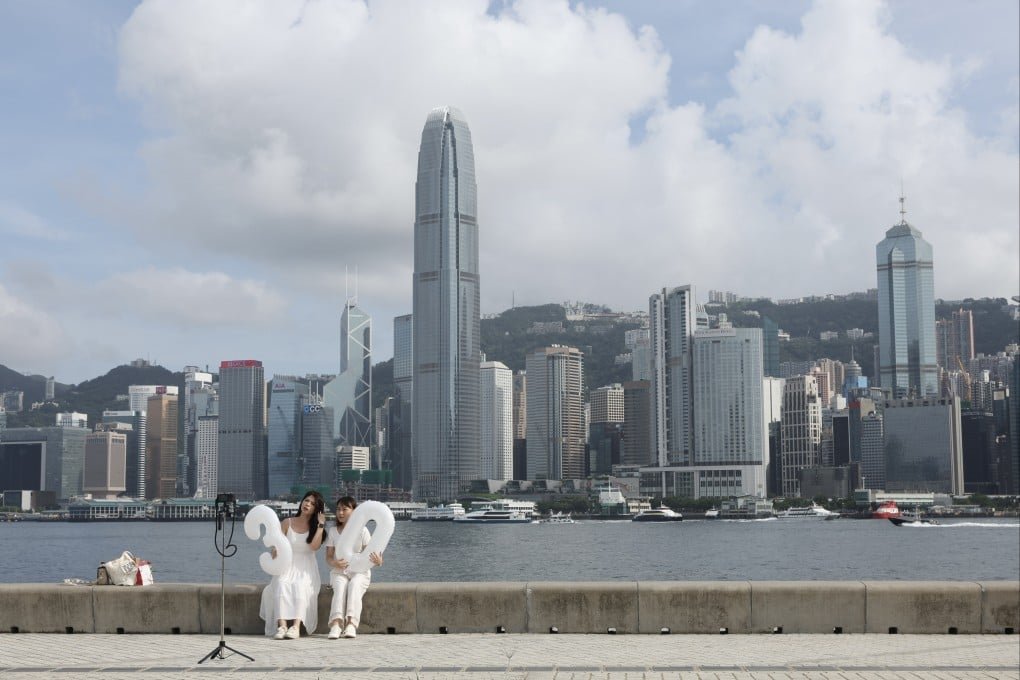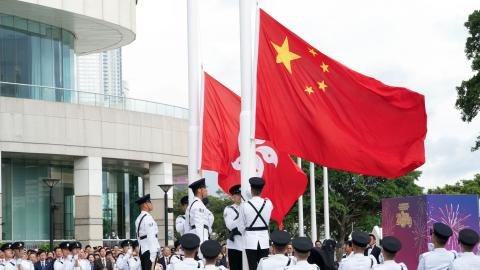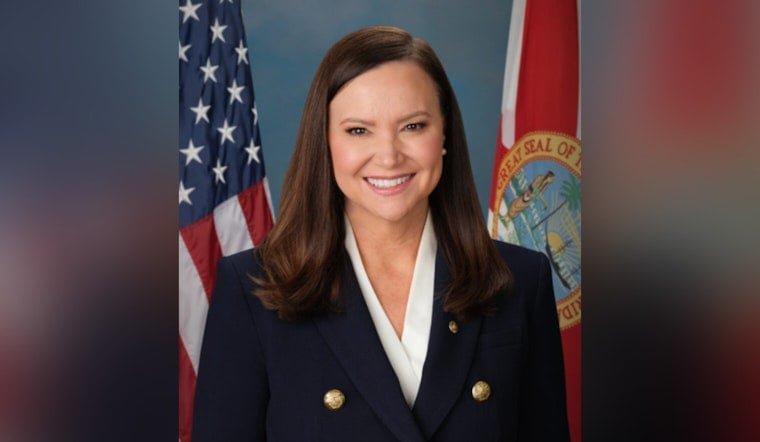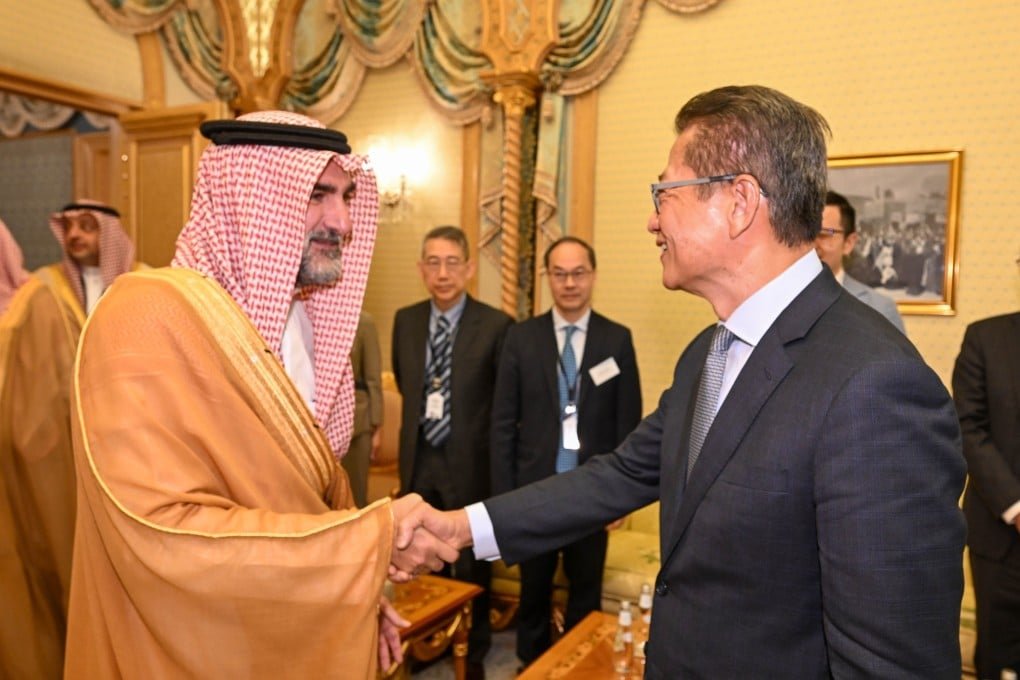
The comments were delivered as Mr Chan concluded a visit to Riyadh where his trade delegation secured five memoranda of understanding (MOUs) with Saudi-linked parties.
“The legal and regulatory framework for issuing Islamic bonds is mature.
We can proceed at any time [for the Northern Metropolis], provided the market reflects that issuing these instruments is cheaper and yields better results,” he told the media.
The Northern Metropolis initiative aims to transform 30,000 hectares (about 74,000 acres) of land into a new economic hub and housing zone in the New Territories, and the government has previously committed to issuing HK$95 billion (approximately US $12.2 billion) to HK$135 billion in bonds annually over the next five years to support it and other infrastructure schemes.
Mr Chan noted that Islamic finance has always been a component of the government’s planning for the funding of major projects.
He emphasised Hong Kong’s established rules for Sharia-compliant funding, pointing to past sukuk issuances of around US$3 billion since 2014 and a solid legal, tax and regulatory foundation for such transactions.
“What matters is the cost-effectiveness and whether it enhances financing diversity,” he said.
By exploring halal finance instruments, the government seeks to tap new pools of investment from Middle Eastern and global investors and align infrastructure-financing strategy with the city’s ambition to deepen its status as an international financial centre.
Analysts say that issuing Islamic bonds could widen the investor base, reduce borrowing costs and enhance Hong Kong’s appeal as a regional funding hub.
Yet they caution that implementation will depend on market demand, structural alignment with conventional debt frameworks and ensuring that the sukuk proceed solely fund infrastructure rather than recurrent spending.
If the government proceeds, the sukuk could be framed alongside existing green or infrastructure bond programmes and marketed to sovereign wealth funds, insurance firms and institutional investors in the Gulf and Asia.
This would enable the Northern Metropolis project to harness global capital flows while reinforcing the city’s dual identity as a bridge between East and West and between conventional and Sharia-compliant finance.
